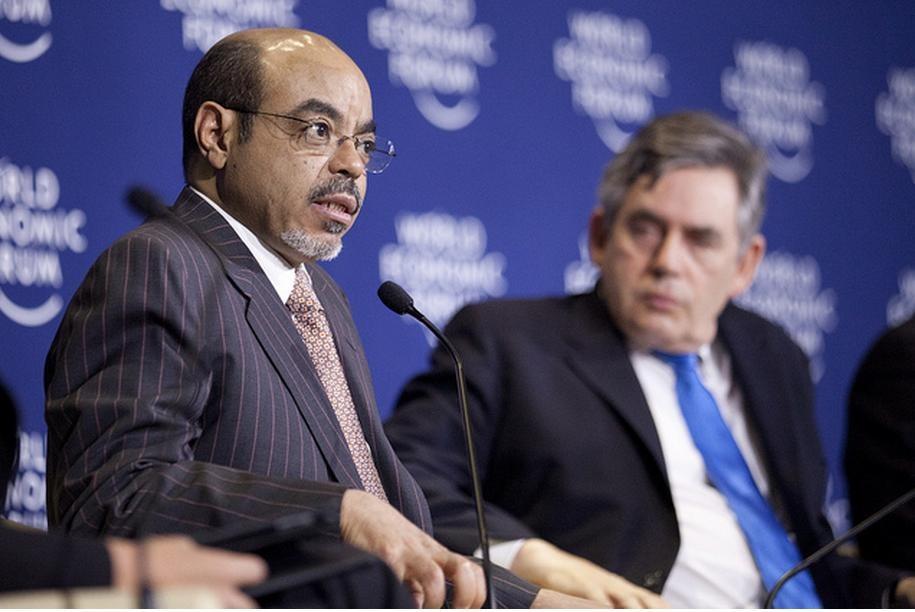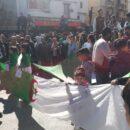What if Ocampo Indicts Bashir? 3
It is not difficult to imagine what might happen if the International Criminal Court issued an arrest warrant against the president of Sudan. One only has to look at how Sudan reacted to the issuing in 2007 of ICC warrants against two other Sudanese linked to the Khartoum government (Ahmed Mohamed Haroun and Ali Mohamed “˜Kushayb’) and to the ICC chief prosecutor’s report to the UN Security Council in June 2008, which accused the entire Sudanese government (and the military, the judiciary, etc) of being linked to crimes against humanity in Darfur.
Sudan reacted angrily to these moves, accusing the ICC of undermining the peace process. The authorities in Khartoum did not hand over the wanted men to the court, and they promoted one of them (Ahmed Haroun) to a ministerial position. President Omar al Bashir described the chief prosecutor’s recent statement to the UNSC as a vicious, unfair and ill-intentioned campaign that exaggerated and distorted the facts. It is possible that the issuing of a warrant against the president himself would provoke an even angrier reaction, making him a hero amongst his allies at home and abroad, and doing little to advance peace or justice in Sudan.
It might be useful to look at Zimbabwe, where the stronger the foreign criticism against President Robert Mugabe becomes, the more he refuses to cooperate. He uses this criticism to his own political advantage, promoting himself as an African strongman prepared to stand up to the West. An ICC indictment might make it less easy for other African leaders to put pressure on al Bashir, in a similar way to how the South African president Thabo Mbeki and other regional leaders have been so reluctant to join in what is widely portrayed as Western criticism of Mugabe.
The example of Sudan’s neighbour, Uganda, shows how the issuing of ICC arrest warrants can undermine a peace process. The rebel Lord’s Resistance Army came very close to signing a peace agreement with the Ugandan government in April 2008, but failed to so when its leader, Joseph Kony, refused to emerge from hiding, partly because he was afraid of the ICC warrant against him. The LRA has now resumed violent activities and the Ugandan government is considering a military solution. With the LRA saying repeatedly that a precondition for peace is the lifting of the international warrants, there has been much debate about whether peace should take priority over justice, or at least whether an alternative system of justice should be implemented, similar to the local ‘gacaca’ system in post-genocide Rwanda.
The example of Uganda and Sudan’s own reaction to previous moves by the ICC show how international efforts to end impunity can backfire, even possibly helping to push countries back towards civil war, or to make heroes out of villains.
Mary Harper is a journalist specializing in Africa.






